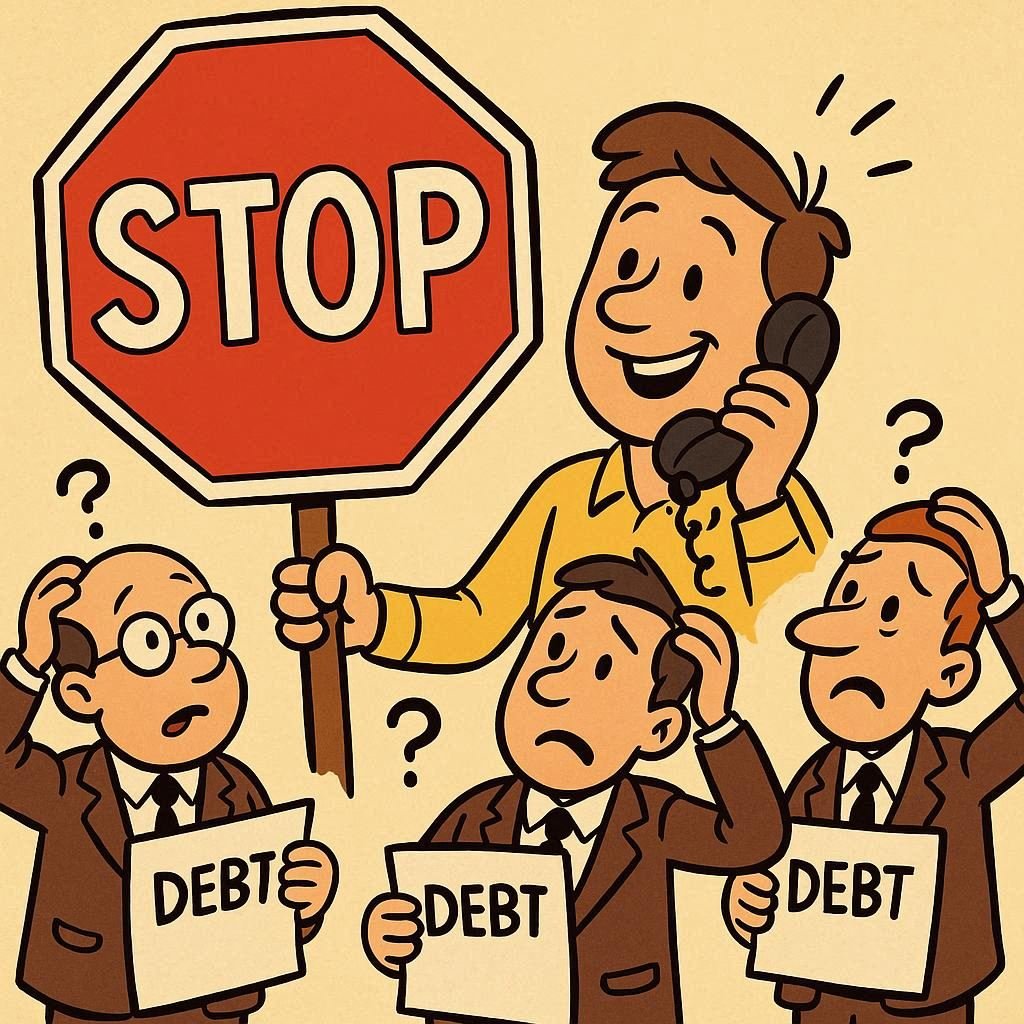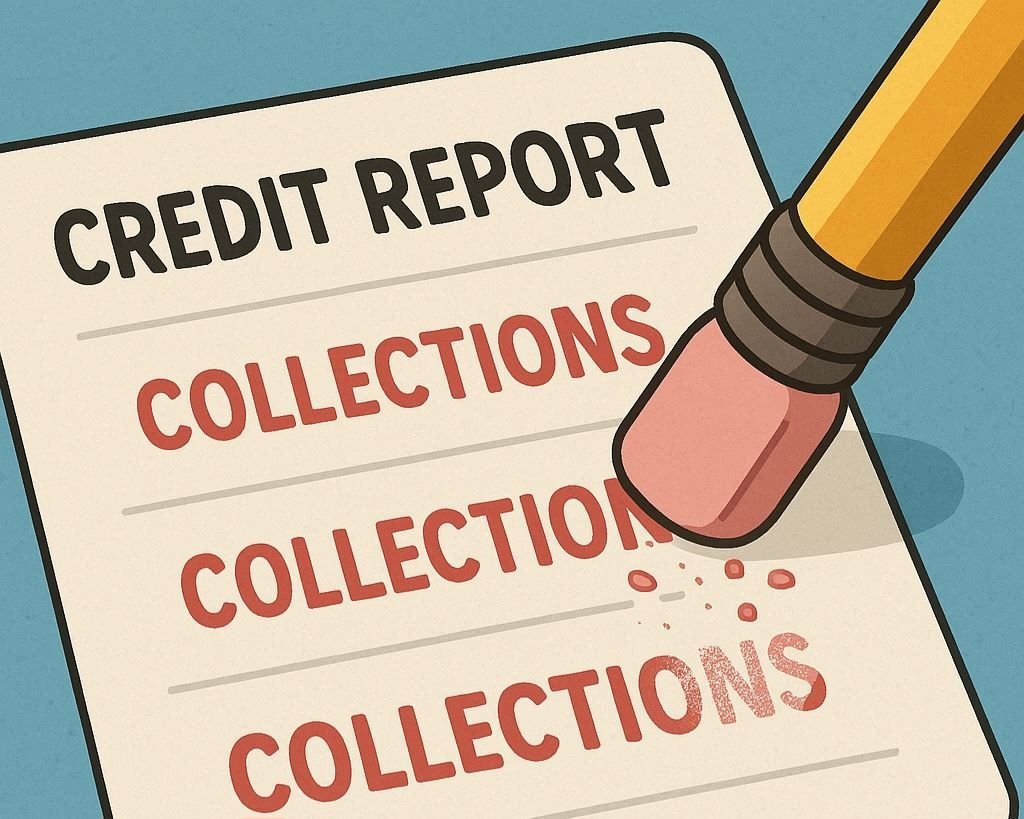Dealing with debt collectors can be stressful and overwhelming. The constant phone calls, letters, and sometimes aggressive tactics can make it feel like there’s no escape. It’s normal to feel anxious or frustrated when debt collectors are constantly reaching out. The good news is that you have legal rights and practical strategies to make the calls stop and regain your peace of mind.
Here’s how to get debt collectors to stop calling.
Know Your Rights
One of the most important steps in handling debt collectors is understanding your rights under the Fair Debt Collection Practices Act (FDCPA). This federal law protects consumers from abusive, unfair, or deceptive collection practices. Debt collectors are prohibited from calling you at unreasonable hours, using threats, or harassing you in any way. They are also not allowed to publicly shame you or share your debt information with others.
Knowing your rights will help you recognize when a collector is breaking the law and give you confidence to take appropriate action. If you want more information on your legal protections, you can check the Consumer Financial Protection Bureau (CFPB) website.
Request Debt Validation
If a debt collector contacts you, one of the first actions you can take is to request debt validation. This means asking the collector to provide proof that you actually owe the debt and that they are legally allowed to collect it. You can make this request in writing, and it is best to send it via certified mail so you have proof that it was received.
Debt validation can temporarily stop collection calls while the collector gathers and sends the necessary documents. It also helps ensure that you are not being contacted for a debt that might be inaccurate, outdated, or already paid.
Send a Cease and Desist Letter
If you want to stop calls entirely, you can send a written “cease and desist” letter to the debt collector. Under the FDCPA, once the collector receives this letter, they may only contact you to confirm receipt or notify you of specific actions, such as filing a lawsuit. A proper cease and desist letter should include:
- Your full name and contact information
- A clear statement that you want all communication to stop
- Reference to the Fair Debt Collection Practices Act
- A request for written confirmation of receipt
Send the letter by certified mail and keep a copy for your records. This creates a legal paper trail, which can be useful if the collector violates your request.
Keep Detailed Records
Documenting every interaction with a debt collector is essential. Keep a log of phone calls, letters, emails, and messages. Note the date, time, name of the representative, and a summary of the conversation. This record-keeping will help you identify patterns of harassment and provide evidence if you need to report violations to regulatory agencies or take legal action.
Report Abusive Collectors
If a debt collector continues to harass you despite your requests to stop, it’s time to report them. You can file complaints with the Consumer Financial Protection Bureau (CFPB), the Federal Trade Commission (FTC), or your state attorney general’s office. These agencies investigate complaints and can take action against collectors who violate the law. Reporting abuse not only protects you but also helps protect other consumers from similar treatment.
Negotiate or Settle the Debt
Sometimes debt collectors continue to call because they haven’t received payment or a formal plan has not been agreed upon. If the debt is valid, consider negotiating a settlement. Many collectors will accept a lump-sum payment that is less than the total owed. In exchange, request a written agreement confirming that they will stop contacting you once the payment is made.
Always get any settlement or payment plan in writing. Avoid verbal agreements, as they can lead to misunderstandings or continued calls. Having a clear, documented agreement ensures both sides understand the terms and protects you from further harassment.
Seek Professional Help
If dealing with debt collectors feels overwhelming, consider seeking help from a professional. Credit counselors, attorneys, and financial advisors can provide guidance, explain your rights, and communicate with collectors on your behalf. Many nonprofit organizations provide free or low-cost credit counseling services to help you manage your finances and resolve debts effectively.
Take Action and Stay Calm
Persistent calls from debt collectors can be stressful, but you are not powerless. By understanding your rights, sending cease and desist letters, documenting interactions, and reporting violations, you can regain control. Additionally, negotiating a settlement or working with a professional can provide long-term solutions.
The key is to act strategically, communicate clearly, and protect your peace of mind. With patience and persistence, you can stop unwanted calls, handle your debts responsibly, and take steps toward financial stability.





